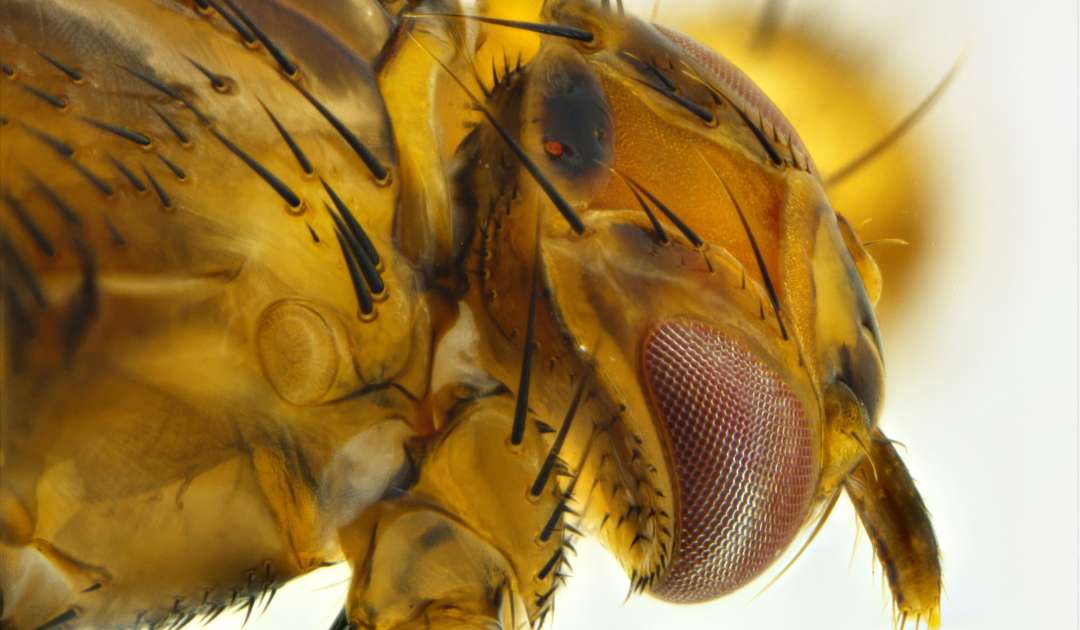Applications of Artificial Intelligence in entomology and beyond
Virtual Symposium
In the face of the current unprecedented anthropogenic biodiversity loss, the inventory and assessment of biodiversity has become a matter of paramount relevance. Understanding the extent of imminent losses and the resulting disturbances to ecosystem services is crucial for informed decision-making and effective conservation strategies.
The majority of unknown biodiversity is believed to be hidden within the vast and diverse realm of arthropods, particularly insects. Estimates suggest that the number of undescribed insect species ranges between 2 and 30 million. Given the current pace of species description, it would take centuries of dedicated research to accomplish this monumental task.
However, the emergence of Artificial Intelligence (AI) presents a promising opportunity to revolutionize the field of taxonomy and accelerate the identification of species. AI-powered tools have the potential to relieve taxonomists of routine work, enabling them to focus on more complex and nuanced aspects of their research.
The present online symposium series aims to bring together researchers working in the field of AI to explore the current applications of this technology in the realm of biology. The symposium will delve into the potential of AI for enhancing taxonomic work in entomology, as well as fostering collaboration and networking with applied disciplines such as ecology and conservation planning. By harnessing the power of AI, the scientific community can make significant strides in addressing the biodiversity crisis and gaining a more comprehensive understanding of the intricate web of life on our planet. This symposium series represents a crucial step towards leveraging technological advancements to safeguard the natural world and its invaluable ecosystem services.
Always Wednesdays 16:00 CEST, starting May 15
You can import the iCalendar (.ics) files for your calendar system using this link
All talks can be accessed using the same link
Meeting-ID: 629 9531 6148
Kenncode: 322829




